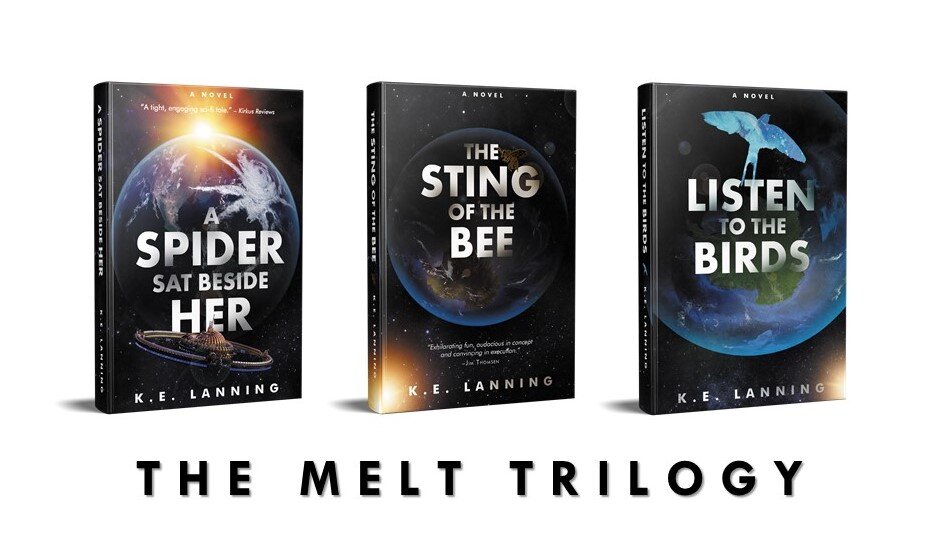A Ruthless World?
Ruth Bader Ginsburg, photo courtesy of Lynn Gilbert
Speculative fiction asks the question, “What if?” But in the real world, what if Ruth Bader Ginsburg had not existed? Would the dystopia of Margaret Atwood’s Hand Maid’s Tale be knocking at our door? It’s hard to know the butterfly effect of such a scenario on our modern society, but we do know, and have lately seen, how the dark forces of authoritarian dominance can destroy our civil liberties. Bold in her approach and tenacious in truth, Ruth stands with the giants in the crusade for freedom of the individual, not just freedom for women, but for every human being, because civil rights for one, spreads to all.
The Renaissance is viewed as a time for great art and science, but the true paradigm shift was a spark of consciousness—the individual is significant and each human being has worth and weight in this world. From the early Greek experiment to the radical idea that human beings have universal natural rights to liberty and essence, we’ve carved our democratic principles and rules of law. The individual right to vote—no matter the color of your skin or your gender—took centuries of blood, sweat, and tears.
But it took a woman, small in stature and quiet of voice, to take on the Supreme Court of the United States to achieve equality for a human being who is, simply by chance, a woman.
K.E. Lanning
Author of The Melt Trilogy: A Spider Sat Beside Her, The Sting of the Bee, and Listen to the Birds

